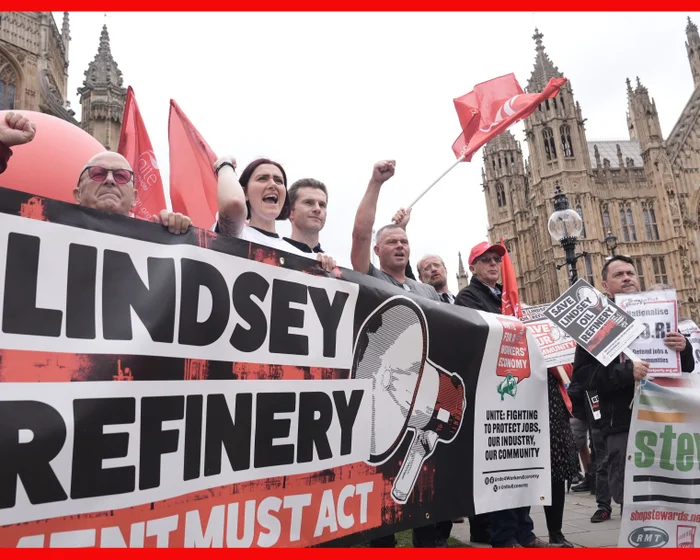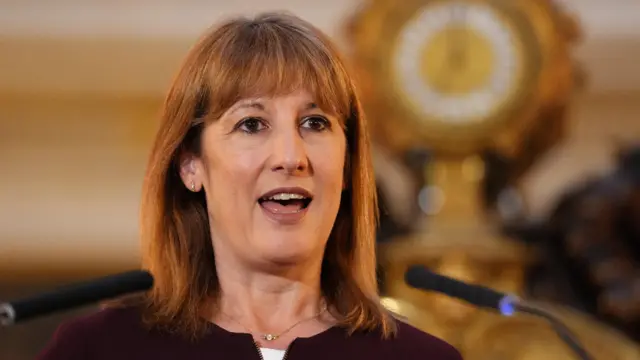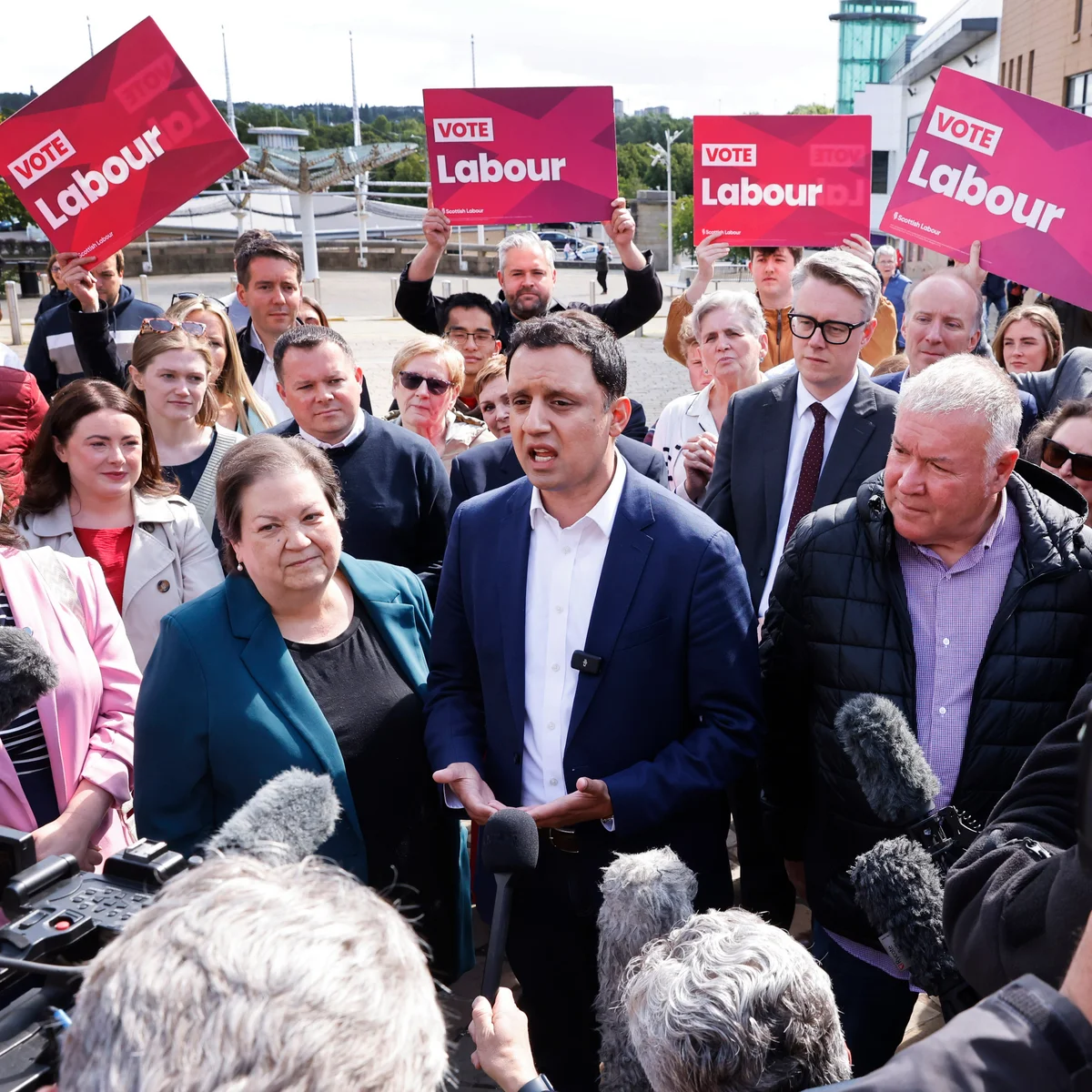trending
neon
Cirque du Soleil offers summer ticket deals
dining out
Celebs ditch the Strip for iconic Henderson restaurant
july 
trending
neon
Cirque du Soleil offers summer ticket deals
dining out
Celebs ditch the Strip for iconic Henderson restaurant
july 

As the U.S. continues to implement key economic policies, global markets are taking note. This article explores how these policies are influencing economic conditions worldwide and what it means for future growth




The United States has long been a central player in the global economy, and its policies have far-reaching implications for markets around the world. From trade agreements to monetary policy, decisions made in Washington can shape the future of the global economic landscape. As we move into 2025, ongoing shifts in U.S. economic policy are beginning to have a significant impact on the international stage, creating both opportunities and challenges for other nations.
In this article, we will examine some of the key policies currently being pursued by the U.S. government, their potential effects on the global economy, and how countries and businesses are adjusting to these changes.
Monetary Policy and Interest Rates
The U.S. Federal Reserve has been at the forefront of global economic shifts, particularly through its monetary policy and interest rate decisions. In an effort to combat inflation and stabilize the domestic economy, the Fed has been hiking interest rates over the past few years. While these actions have primarily targeted U.S. economic conditions, they have also had global consequences.
Higher U.S. interest rates tend to attract capital inflows into U.S. assets, such as Treasury bonds, as investors seek higher returns. This strengthens the U.S. dollar and can lead to capital outflows from emerging markets, as foreign investors shift their portfolios to capitalize on the higher yields in the U.S. This dynamic can cause volatility in currency markets and put pressure on emerging economies that are heavily reliant on foreign investment.
Furthermore, the U.S. dollar’s strength can affect global trade dynamics. Countries that rely on imports, particularly from the U.S., face higher costs when the dollar appreciates. This can lead to inflationary pressures in other nations, especially those with weaker currencies.
Trade Policies and Tariffs
Trade policy is another area where U.S. decisions have global ramifications. Over the past few years, the U.S. has implemented tariffs on goods from countries like China, which has led to trade tensions and shifts in global supply chains. These trade policies have disrupted the flow of goods and services, raising costs for businesses and consumers alike.
The U.S.'s trade stance has also led to the reshaping of alliances and partnerships across the world. Countries are increasingly seeking new trade partners to reduce their reliance on the U.S. market and the risks associated with trade wars. While these policies may benefit domestic industries in the short term, they can have long-term negative consequences for global trade and economic stability.
Fiscal Stimulus and Government Spending
The U.S. government’s fiscal policies, particularly its stimulus packages aimed at combating the effects of the COVID-19 pandemic, have had a ripple effect across the global economy. By injecting large sums of money into the economy, the U.S. government provided direct financial relief to businesses and individuals, helping to prop up domestic demand. This led to an increase in global demand for goods and services, as many countries rely on the U.S. as a primary trading partner.
However, the increased government spending has also raised concerns about the long-term sustainability of the U.S. economy. While fiscal stimulus can boost growth in the short term, the rising national debt and potential for inflationary pressures have raised alarm bells. As the U.S. works to manage its fiscal position, countries around the world are watching closely to see how these policies will affect global financial markets.
Climate Change and Green Policies
Climate change has become a focal point for U.S. policymakers, particularly with President Biden’s administration’s commitment to achieving net-zero carbon emissions by 2050. The U.S. has invested heavily in green technologies and clean energy alternatives, driving global innovation in sustainability.
These climate policies are expected to have significant global economic effects, both positive and negative. On one hand, the green energy transition is expected to create new opportunities for innovation, investment, and job creation in industries such as renewable energy, electric vehicles, and sustainable infrastructure. On the other hand, countries that rely heavily on fossil fuels may face economic disruptions as the U.S. and other nations push for decarbonization.
The global transition to greener technologies is expected to lead to shifts in global supply chains as countries adopt more sustainable practices. This presents an opportunity for nations that are early adopters of green technologies to strengthen their economic position, while those that lag behind may face competitive disadvantages.
Global Health Initiatives
The U.S. has been a leader in global health initiatives, particularly through its support for international organizations like the World Health Organization (WHO). U.S. policies related to global health, including the distribution of vaccines and funding for healthcare initiatives in developing countries, have shaped the global response to health crises like the COVID-19 pandemic.
The U.S. government's focus on health equity and public health also influences global economic conditions. As countries recover from the pandemic, the availability of vaccines and other health resources plays a critical role in ensuring economic stability. U.S. investments in global health can stimulate growth in developing economies by enabling them to recover more quickly from health crises and reducing the potential for future disruptions.
Global Investment and Capital Flows
U.S. economic policies are also shaping global capital flows, particularly in terms of foreign direct investment (FDI). As the U.S. maintains low taxes on corporate profits and supports businesses through deregulation, American companies are increasingly investing abroad, contributing to economic growth in developing nations.
However, U.S. policy changes, such as trade restrictions, can affect these investment flows. Countries with strong ties to the U.S. economy, such as Canada, Mexico, and those in Europe, may experience shifts in capital inflows depending on the strength of U.S. economic policies. Emerging markets may also see changes in investment patterns as they adjust to new global economic conditions driven by U.S. policy decisions.
Countries around the world are closely monitoring U.S. economic policies and adjusting their own strategies to mitigate risks and seize opportunities. Some countries are opting for greater economic diversification to reduce their dependence on the U.S., while others are deepening trade relations with China and other emerging economies.
The global response to U.S. policies will largely depend on the specific areas of concern. For instance, nations in Asia may be more focused on trade policy, while those in Europe may pay closer attention to monetary and fiscal policies. The key to navigating the current global economic landscape will be flexibility and adaptability as countries respond to the changing dynamics of international trade, investment, and cooperation.
As the U.S. continues to implement key economic policies, global markets are taking note. This article explores how these policies are influencing economic conditions worldwide and what it means for future growth
the latest

Job Cuts at Lincolnshire Refinery, UK Growth Revised Upward
Around 125 jobs will be lost at the Lincolnshire (Lindsey) oil refinery after its parent company entered insolvency, even as revised GDP data shows the UK economy grew faster under Labour than previously estimated

Reeves Proposes Youth Mobility Deal for UK and EU Under-30s
UK Chancellor Rachel Reeves has proposed a new youth mobility scheme that would allow young Europeans aged ~18-30 to live and work in the UK under a post-Brexit arrangement, while emphasising limits on duration and net migration.

Biden Approves Ukraine Use of Long-Range Missiles Into Russia
President Biden has authorized Ukraine to use long-range missiles to target locations inside Russia, marking a significant escalation in the ongoing conflict.

Labour Byelection Win Marks SNP Decline, Says Anas Sarwar
Scottish Labour leader Anas Sarwar said the party’s byelection victory shows the SNP’s dominance is fading, signaling a major shift in Scottish politics.

UAE Employees: Are Salaries Deductible During Annual Leave?
A common question in the UAE workplace is whether employers can deduct salaries while employees are on annual leave. Experts explain labor law provisions and best practices.

Sharjah Self-Defense Club Claims No-Gi Title at UAE Jiu-Jitsu
Sharjah Self-Defense Club emerged victorious in the No-Gi category at the UAE Jiu-Jitsu Championship, showcasing skill, discipline, and teamwork.

UAE Schools Announce One-Month Winter Break
UAE schools will have a one-month winter break from December 8, 2025, to January 4, 2026, giving students and staff an extended holiday period.

Sharjah Extradites Uzbek and Nepalese Nationals for Fraud
Sharjah authorities have extradited two foreign nationals—one Uzbek and one Nepalese—wanted under Interpol Red Notices to face fraud charges.

US Envoy Confident of Breakthrough on Gaza Crisis
A senior US envoy expressed optimism about achieving a breakthrough in Gaza peace talks, signaling renewed international efforts to end the humanitarian crisis.